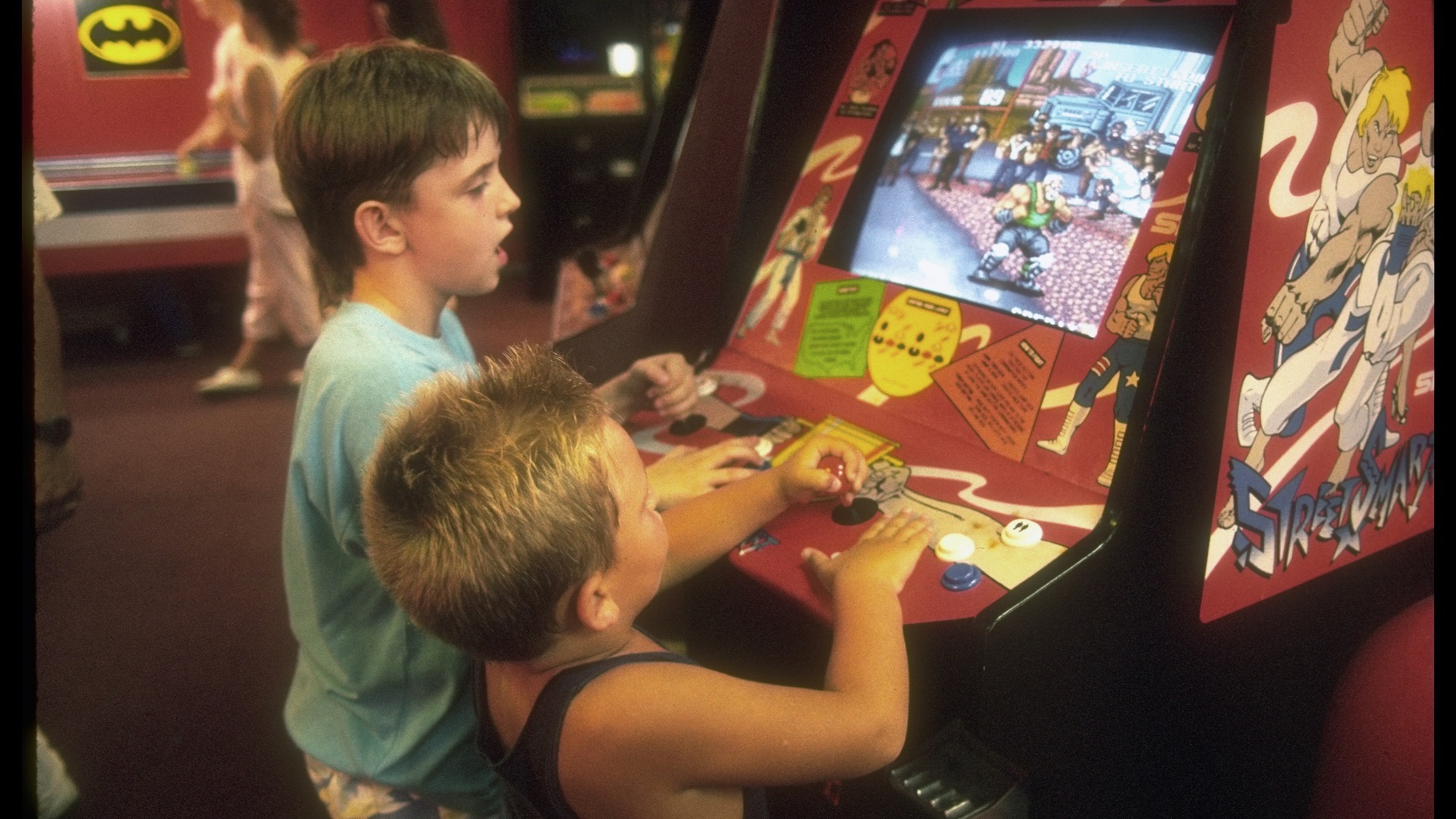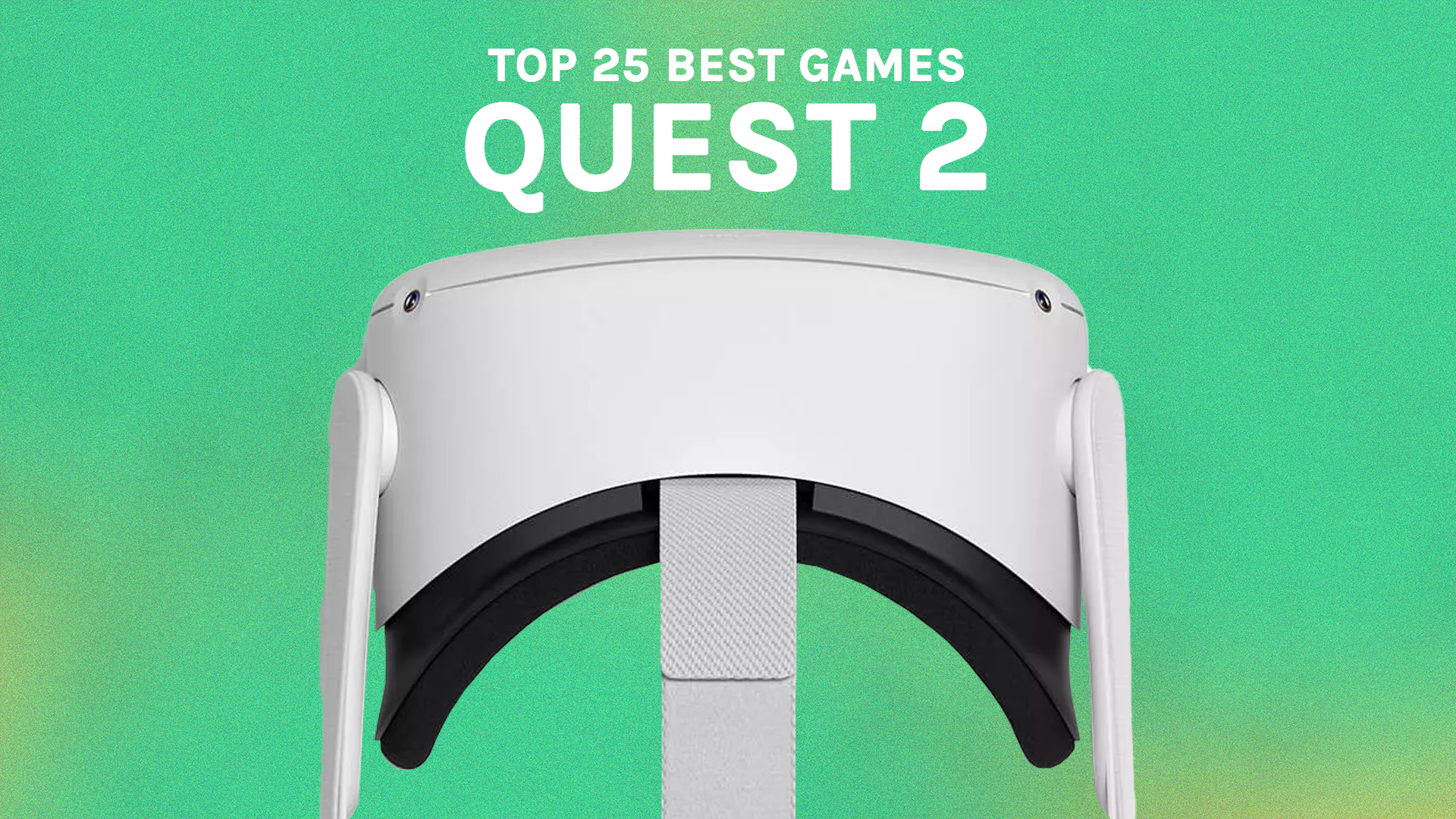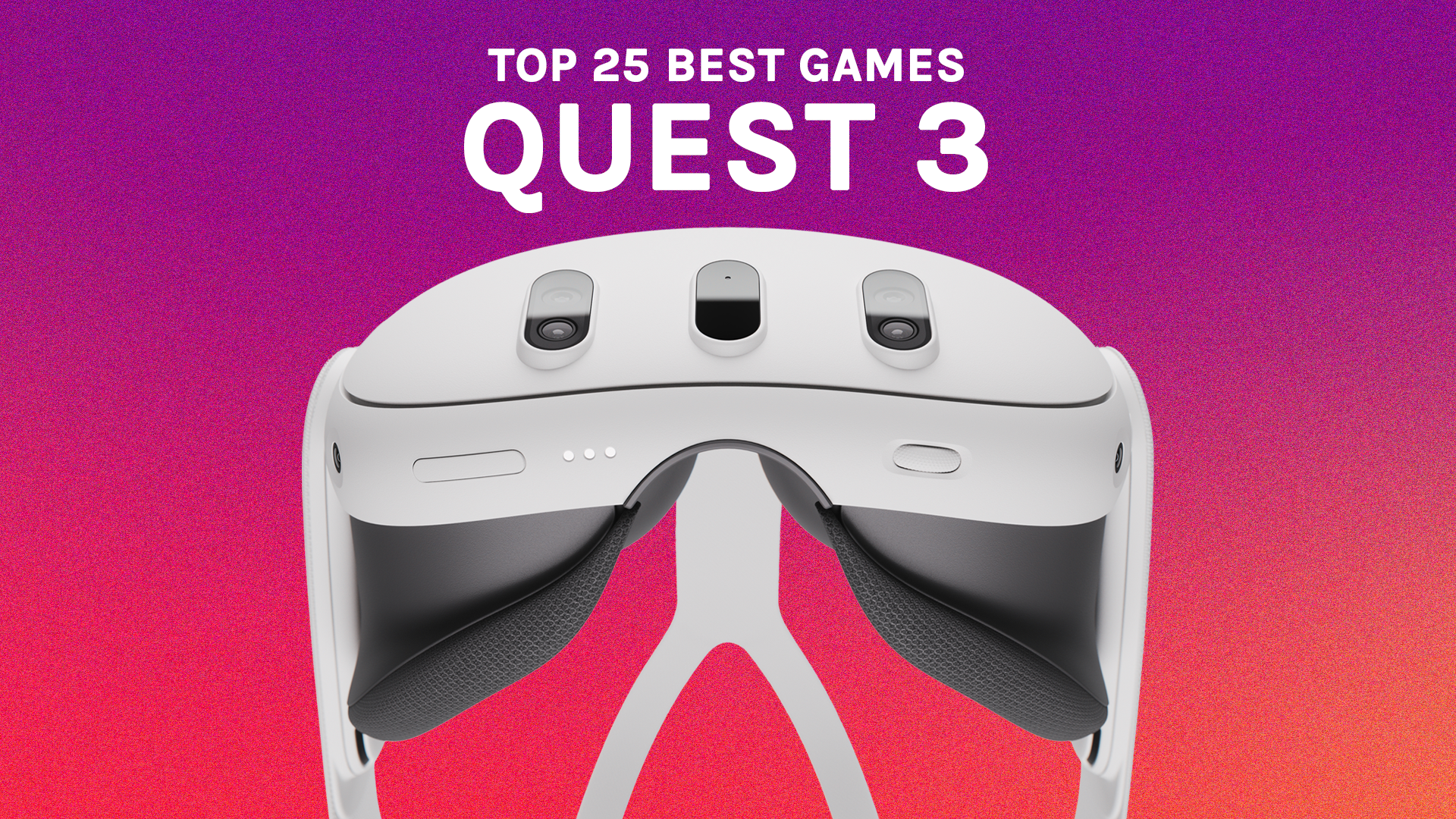The surprising benefits of video games
Failure, in games and life, is a chance to learn. The post The surprising benefits of video games appeared first on Popular Science.

There are plenty of negative stereotypes about games and gamers. And it’s true that focusing on gaming to the detriment of all else will have negative effects—there’s a reason that the World Health Organization recognizes video game addiction as a mental health condition.
Even so, video games aren’t inherently negative. In the 50 years since Atari unleashed Pong on the world, there’s been plenty of research on the effects of video games on our brains, and it’s not all bad. Here are a few of the potential benefits of gaming, according to research.
Increasing cognitive skills
A research review published in American Psychologist in 2013 by Isabela Granic, Adam Lobel, and Rutger C. M. E. Engels at Radboud University in Nijmegen, the Netherlands, looked at decades of research and highlighted the various benefits found in gaming. Among them, particularly in shooters, is an improvement in spatial skills. “The spatial skills improvements derived from playing commercially available shooter video games are comparable to the effects of formal (high school and university-level) courses aimed at enhancing these same skills,” researchers reported.
The paper also highlights sharpened problem-solving skills. To play a game is to come up against problems and work out a solution to them, and the research backs this up. “Evidence is emerging that playing any kind of video game, regardless of whether or not it is violent, enhances children’s creative capacities,” wrote the researchers.
This isn’t surprising. Back in 2014, we wrote about how the puzzles in Portal 2 can improve cognitive skills more than the educational app Luminosity.
Learning to embrace failure
Sometimes, when I’m playing a game, I find my own failures downright delightful. Granted, this is in part because I tend to die in hilarious ways, but a big part of my pleasure is that I get to try again. This anecdotal evidence is backed up by research; according to the American Psychologist research review, video games can teach you to embrace failure as a learning opportunity.
“We propose that being immersed in these gaming environments teaches players an essential basic lesson: persistence in the face of failure reaps valued rewards,” the researchers stated, adding that gamers respond to failure with “excitement, interest, and joy.”
This, it turns out, is psychologically healthy. Life is full of failure, after all, and learning to respond to it as a challenge has all kinds of benefits. The review cites a 2013 Florida State University study where 100 undergrads were given anagrams to work out. Self-reported gamers were more willing to spend time on the harder puzzles than self-reported non-gamers.
Mental well-being
During the initial months of the ongoing COVID pandemic, video game consoles like the Nintendo Switch were in high demand. In Japan, lotteries were held for people who wanted to score their own Switch or PlayStation 5. This created a natural opportunity for a study insofar as some people could get their hands on the consoles and some could not. A paper published in Natural Human Behavior, based on survey responses from nearly 100,000 participants taken at various points in 2020 and 2022, showed that there were demonstrable mental health benefits to having a console.
Not every study is so clearcut. A 2021 paper published by The Royal Society used gameplay data from 2756 Animal Crossing: New Horizon players and 518 Plants Versus Zombies players and found a “small positive relation between game play and affective well-being,” though a follow-up with more data found no negative or positive effects. The kind of game you’re playing may also be a factor. Some games are more relaxing than others, for example, and playing games online with friends has more social benefits than solo play.
It’s probably less bad for you than social media
It probably goes without saying that you shouldn’t spend so much time gaming that you neglect other parts of your life, but there are worse things you could be doing. A 2021 study published in Frontiers of Psychology explored the negative side effects of both social media and video game addiction and, to be clear, found all kinds of downsides to each. But excessive social media use has a few downsides that gaming does not.
“The effects of screen time and addictive use of social media on psychological problems, low self-concept, and social problems were larger than the effects of gaming,” researchers reported. “Symptoms of Social Media Disorder generally had stronger associations with psychosomatic symptoms compared to symptoms of Internet Gaming Disorder.”
This isn’t a good thing about gaming so much as it’s a bad thing about social media, granted, but it’s worth mentioning if a social media addict criticizes you for your gaming habit.
The post The surprising benefits of video games appeared first on Popular Science.


















































































































































